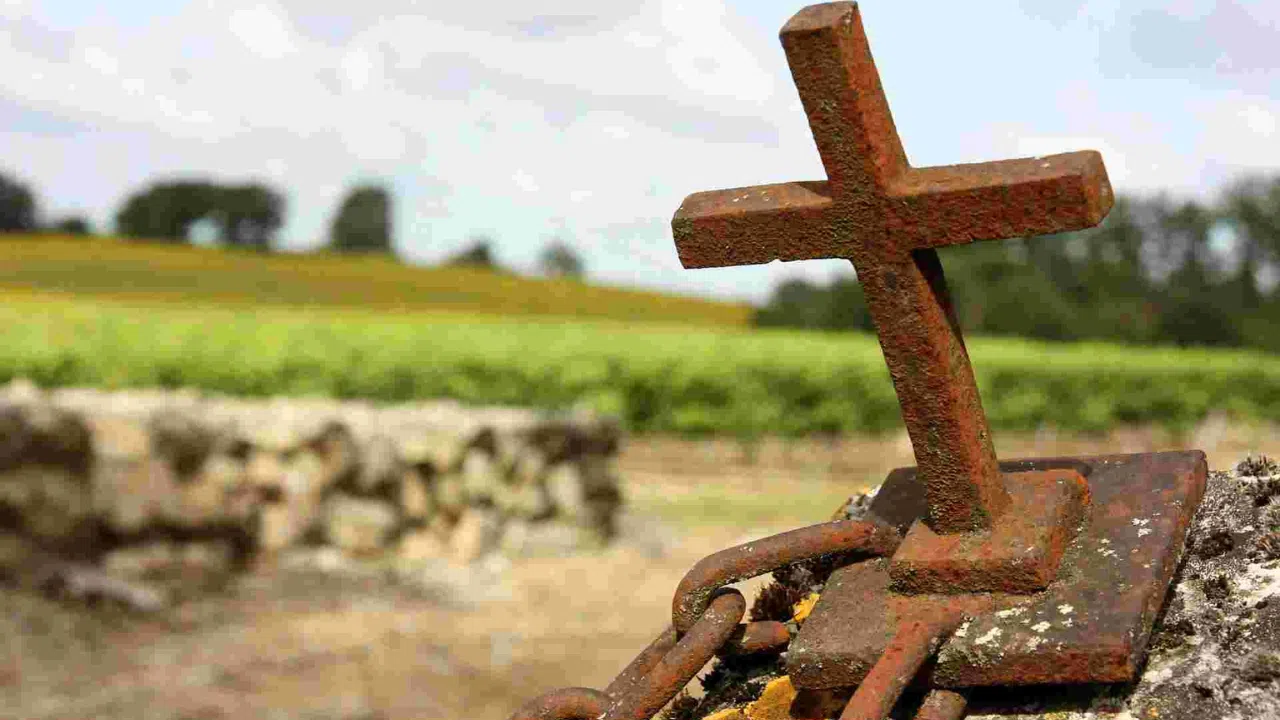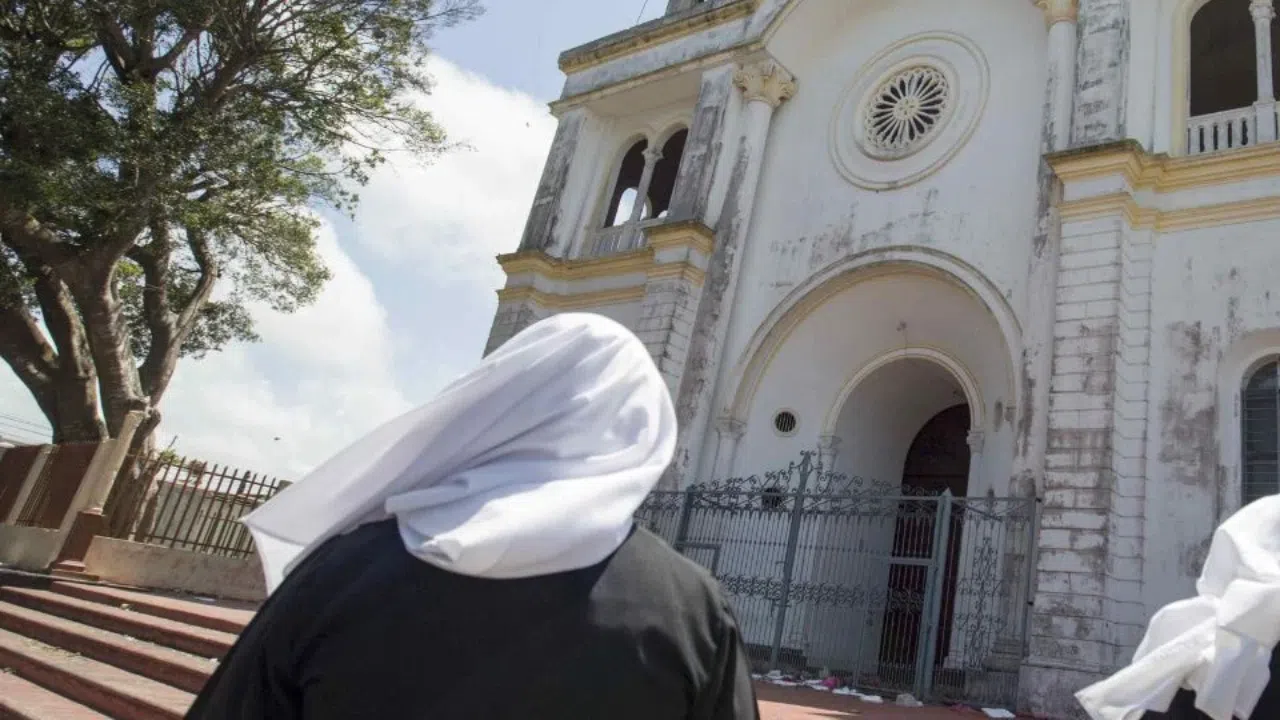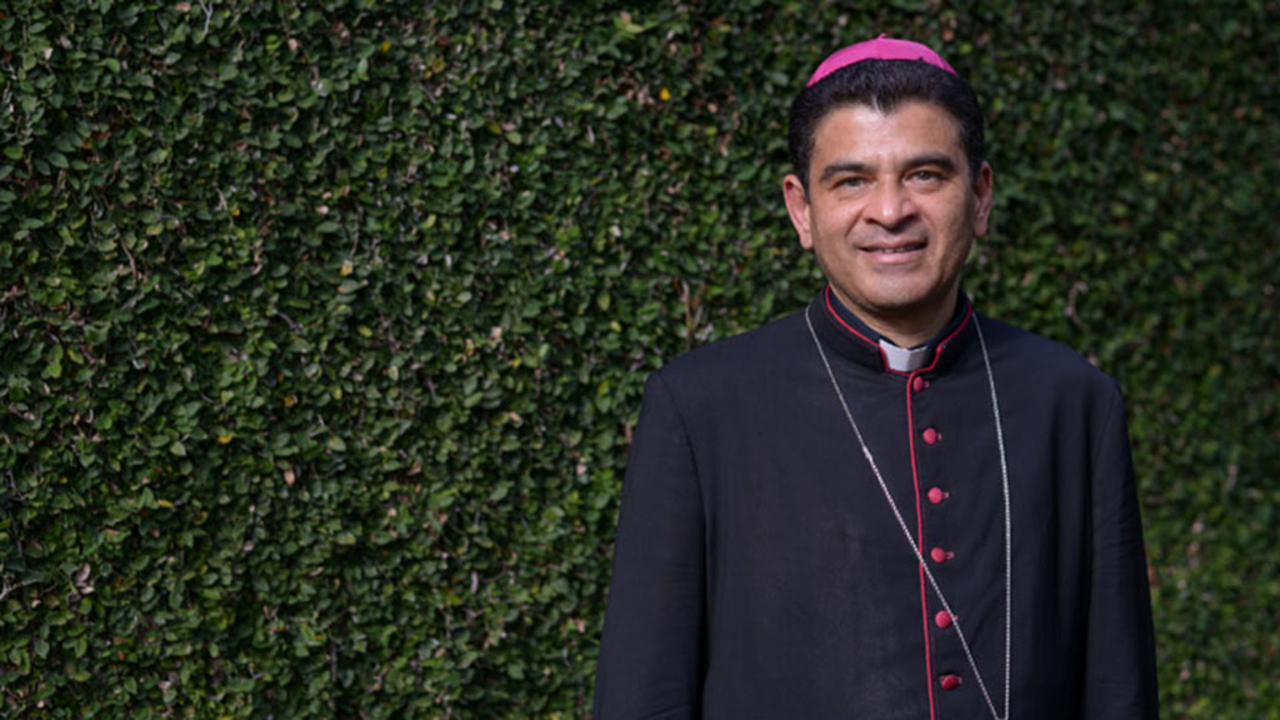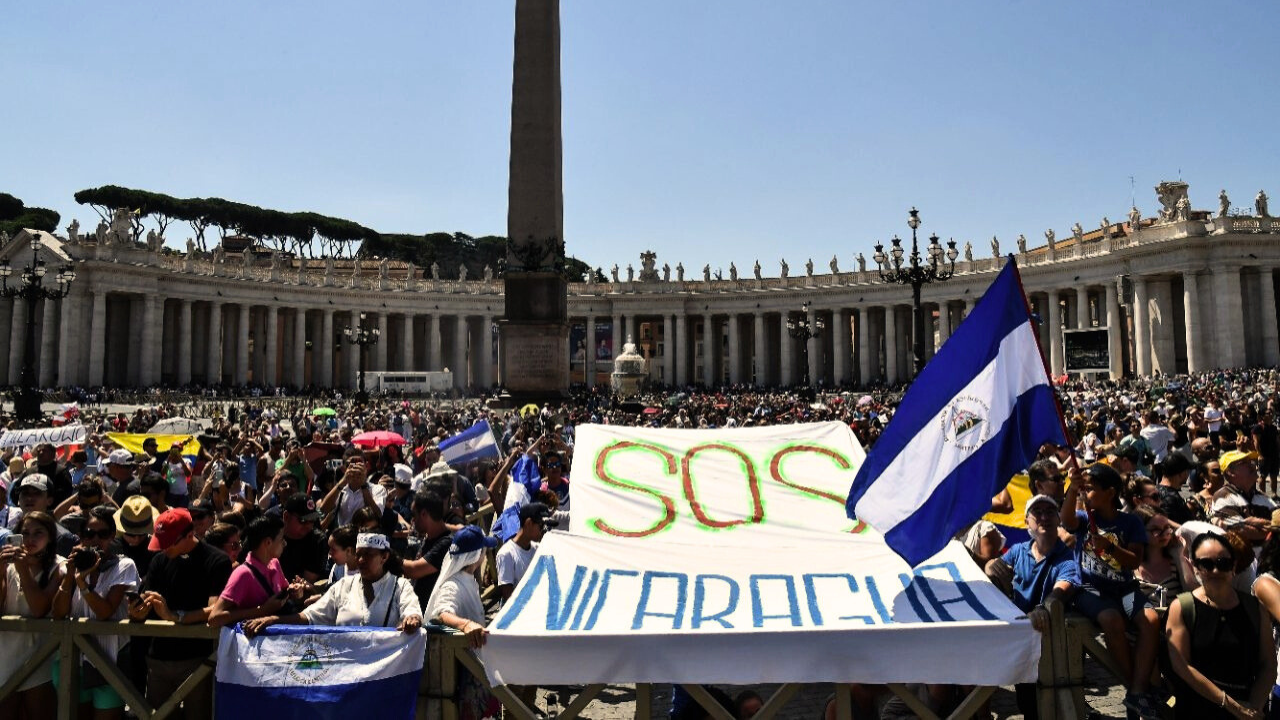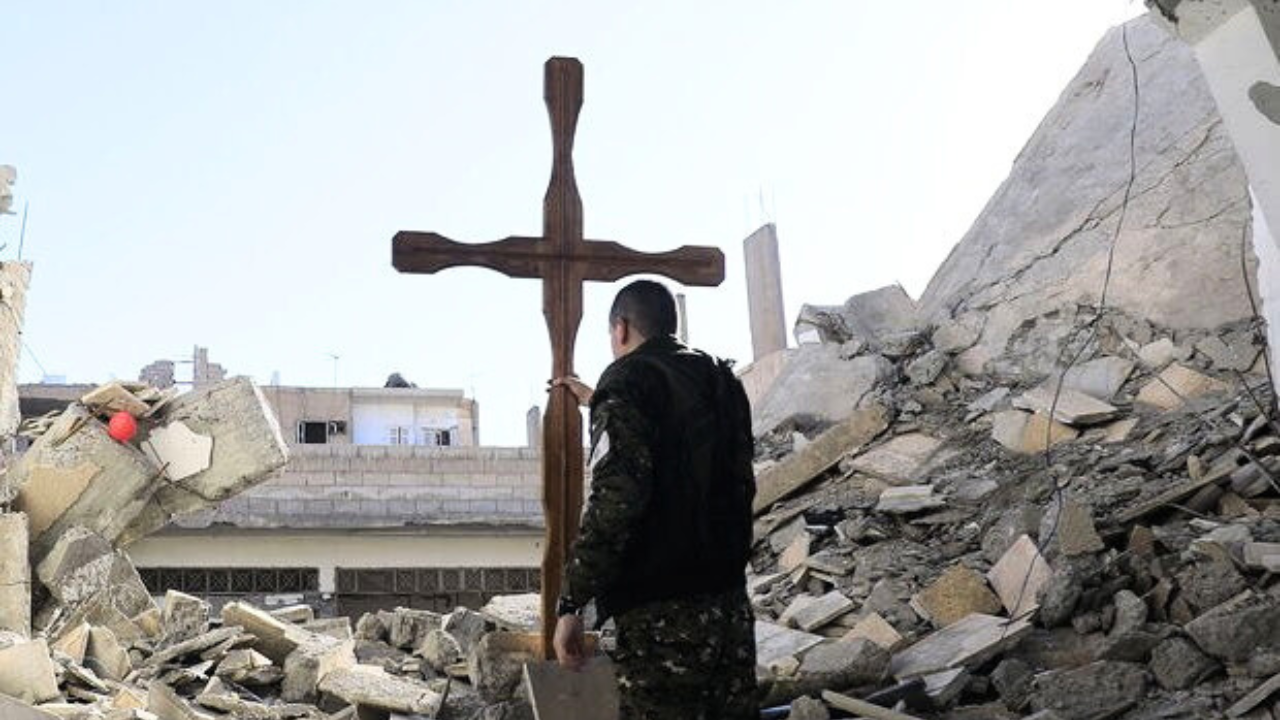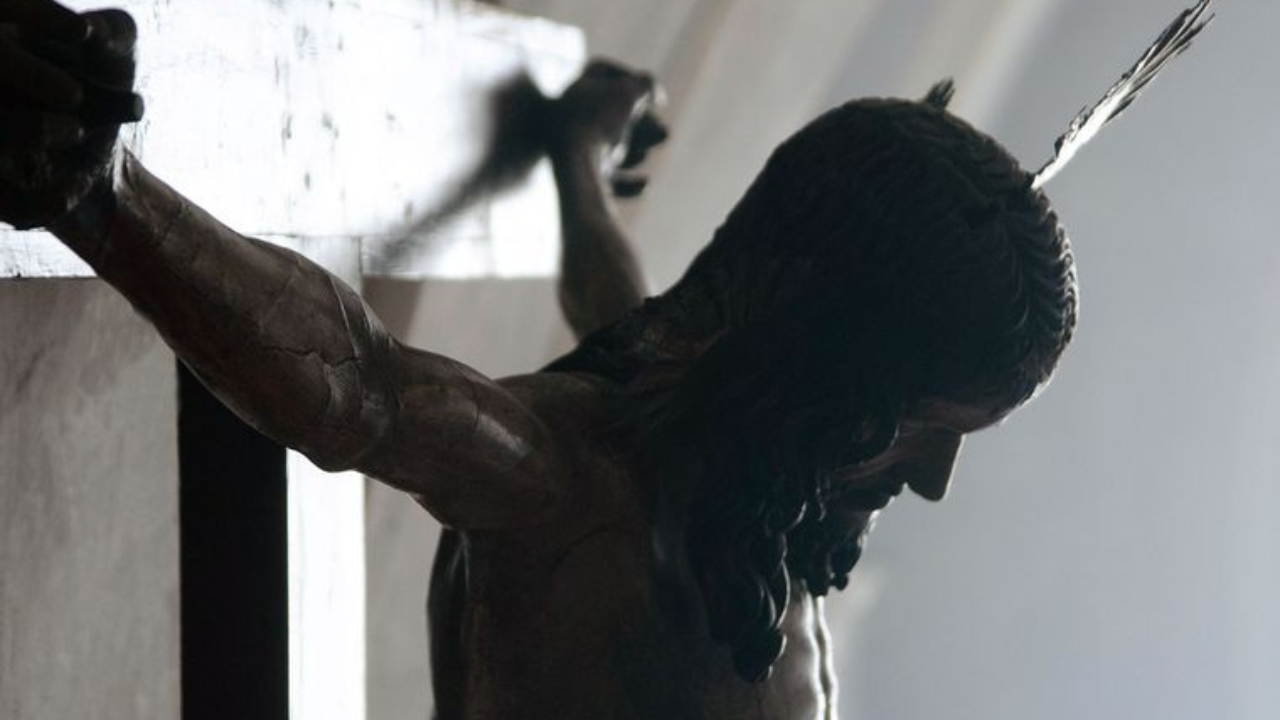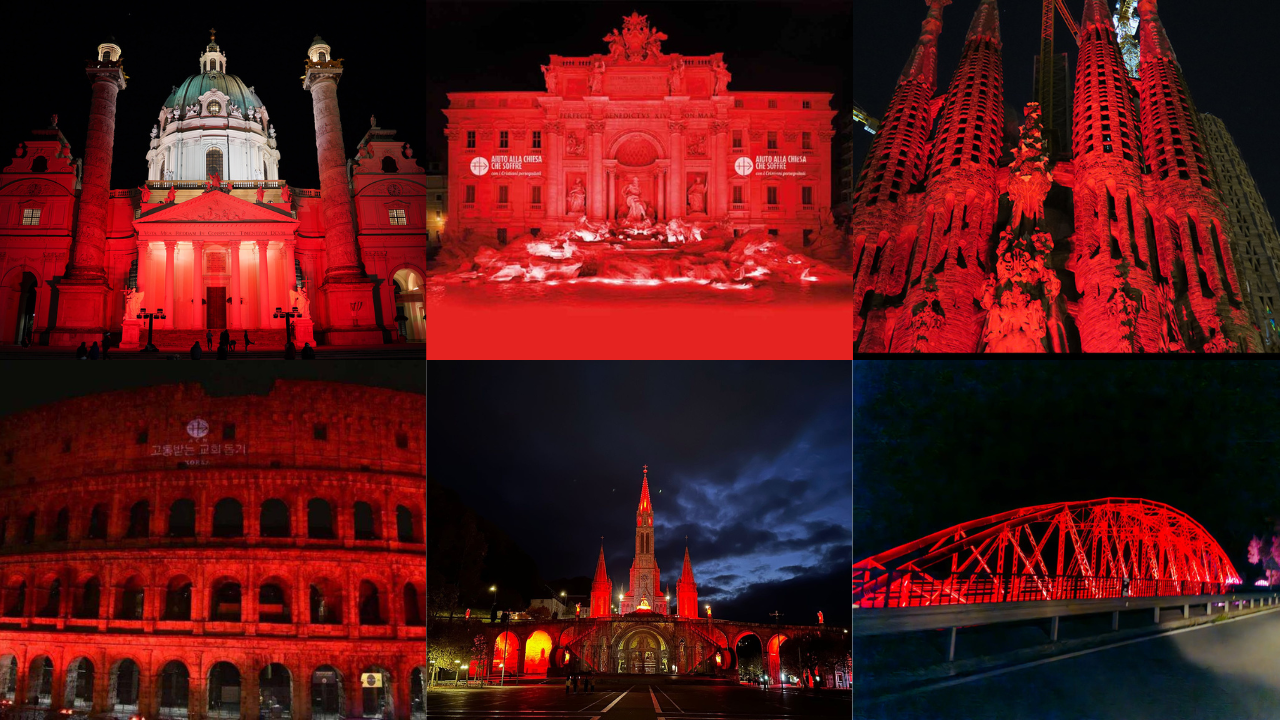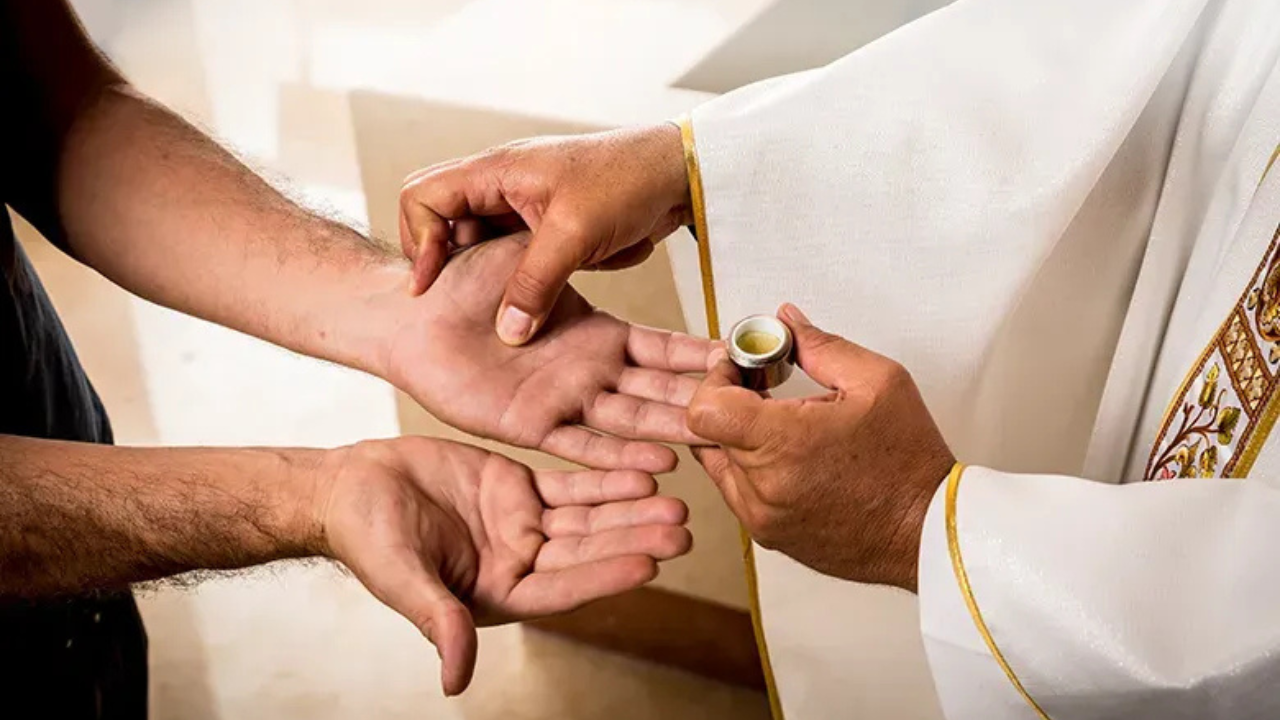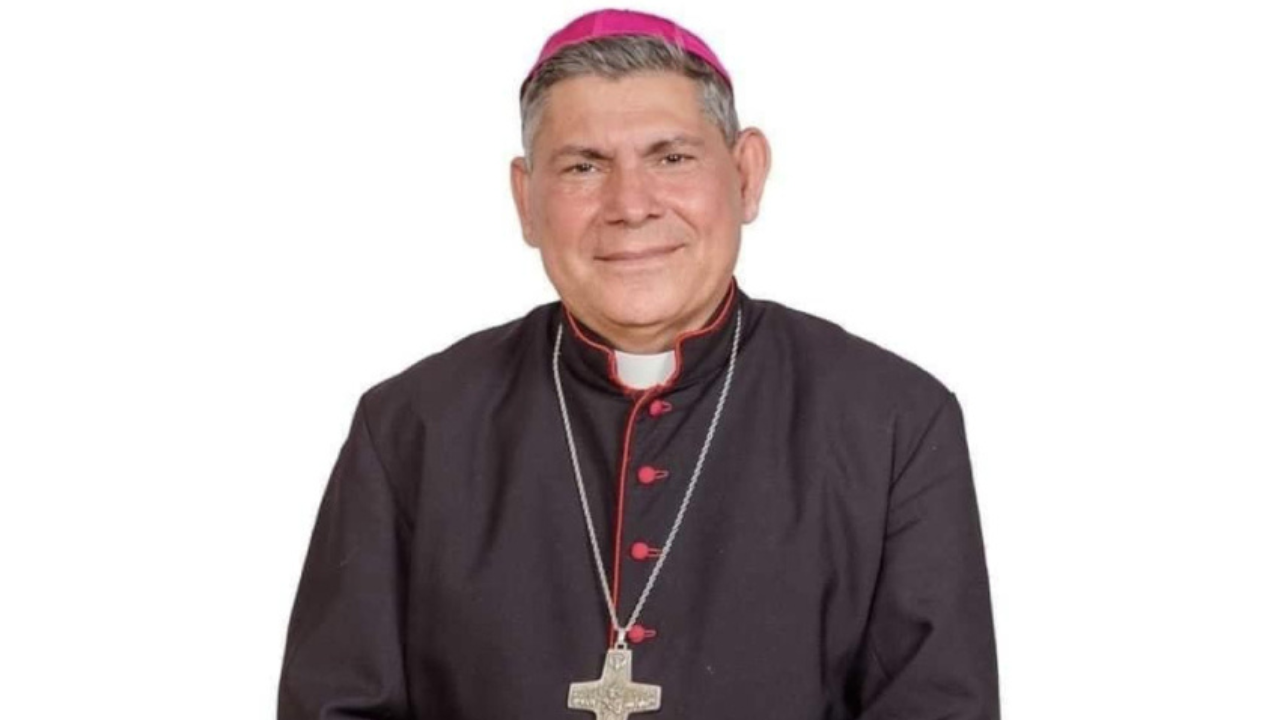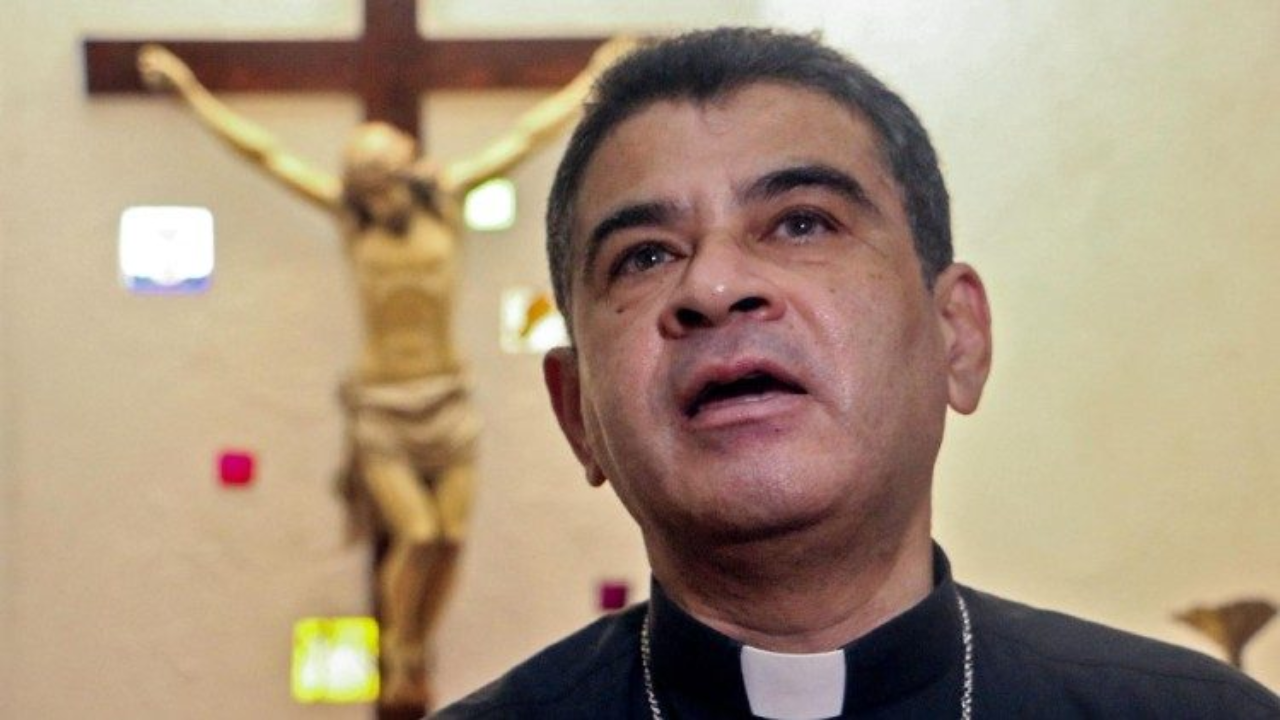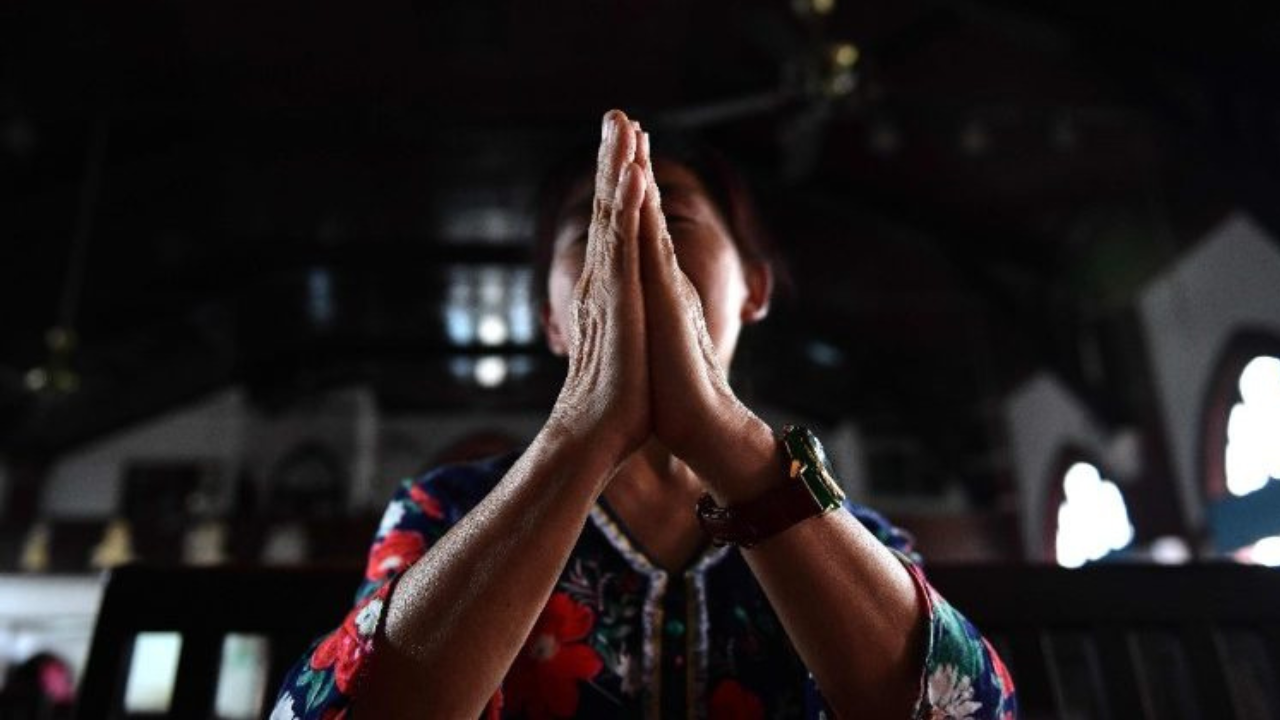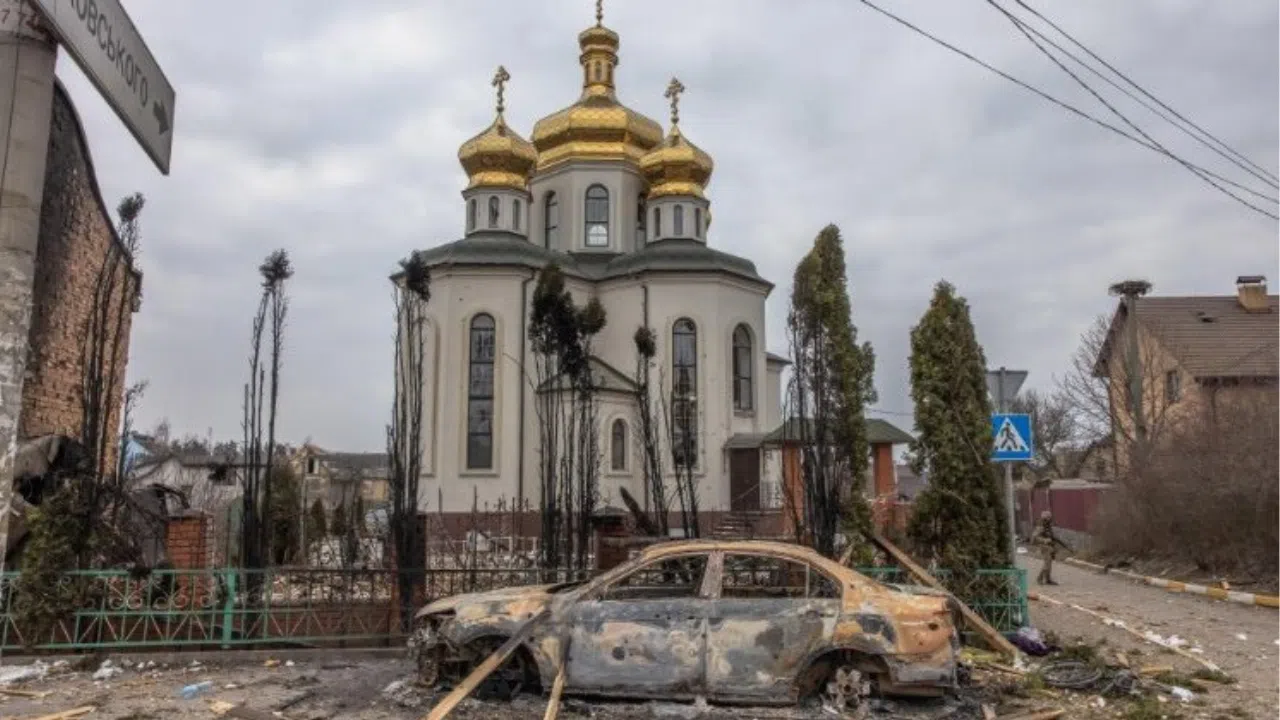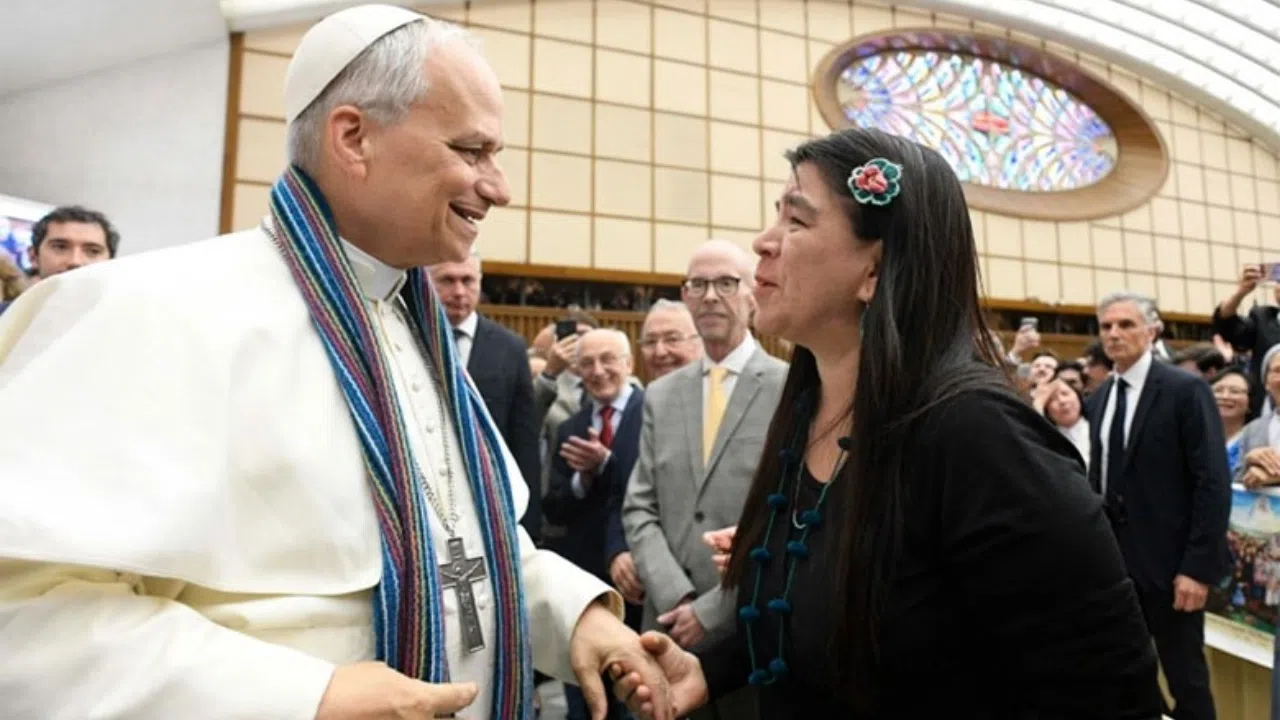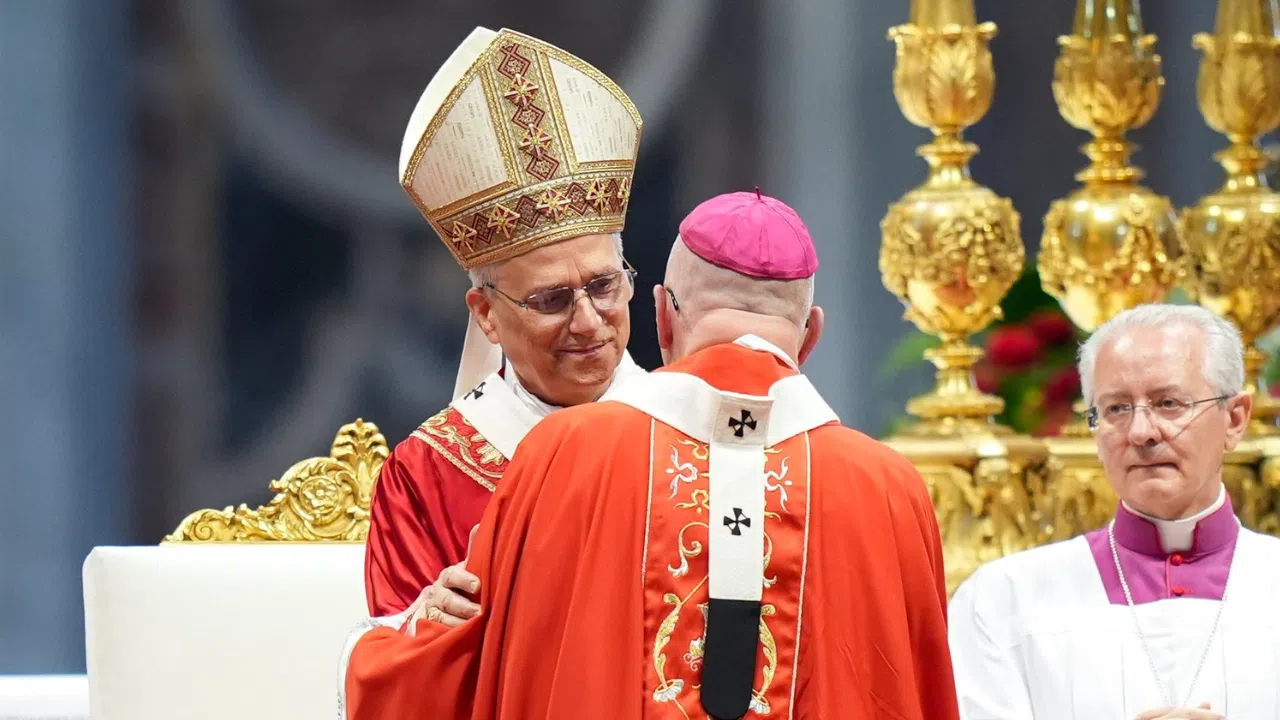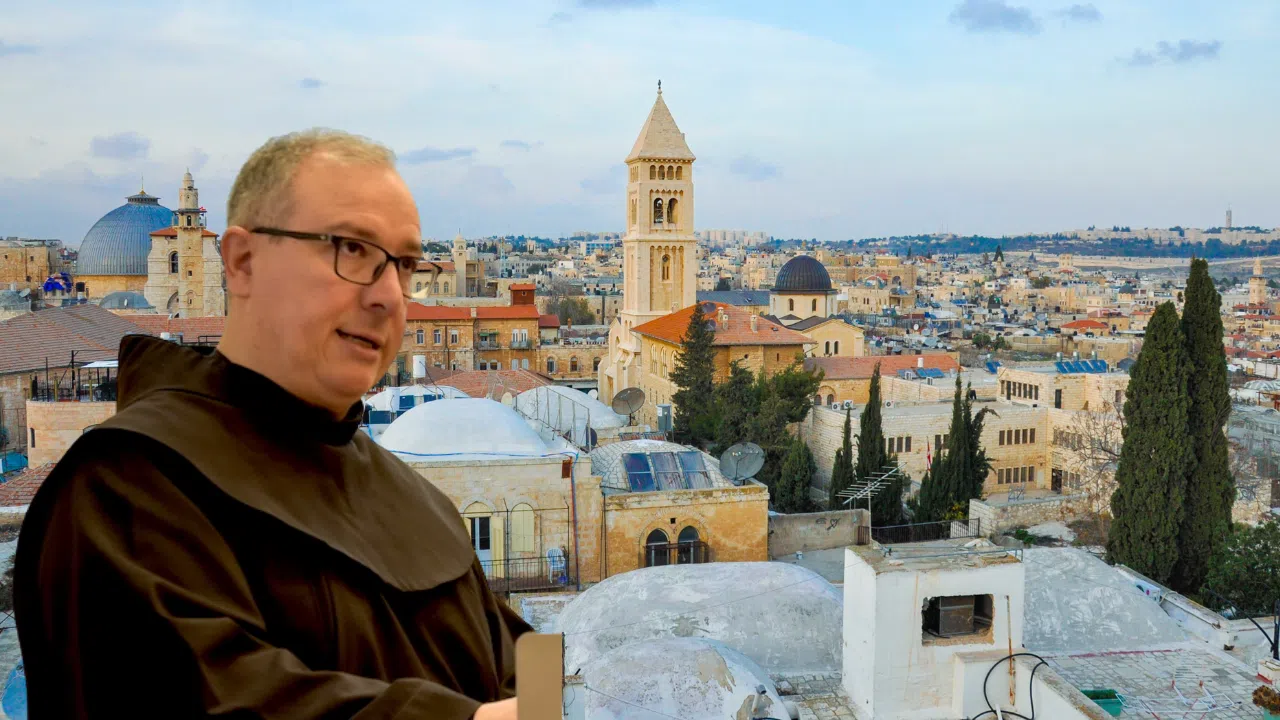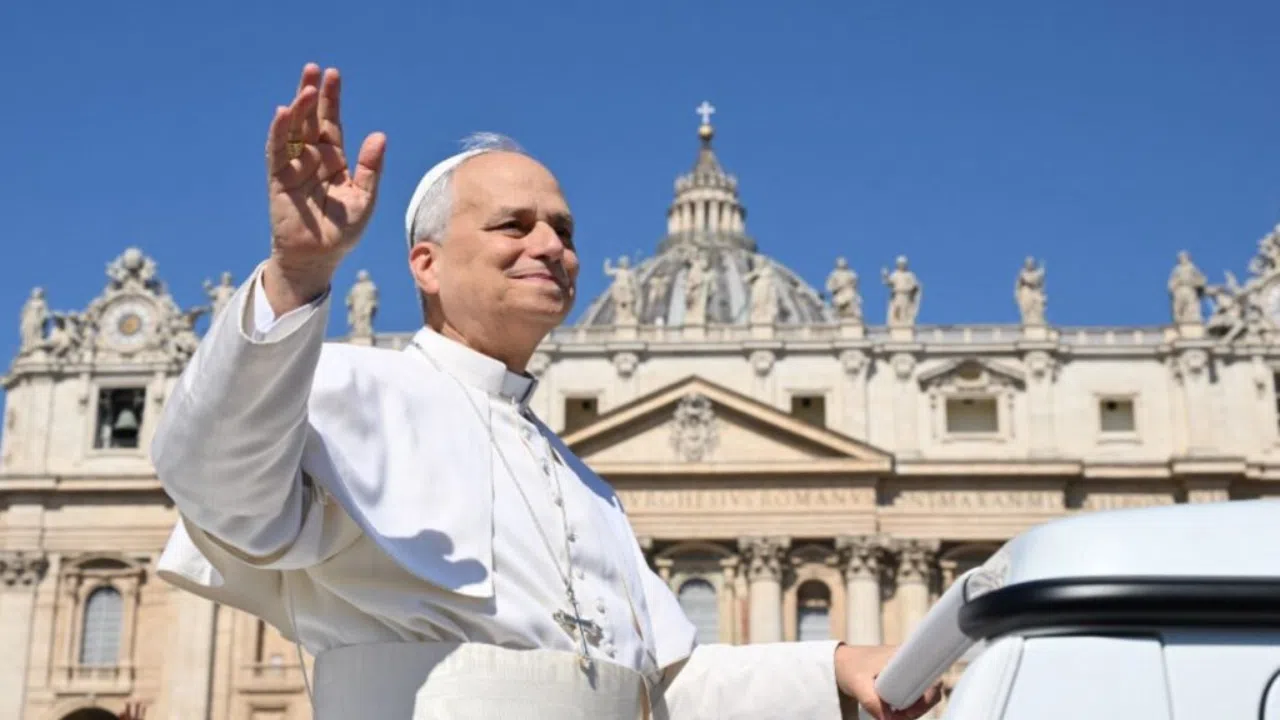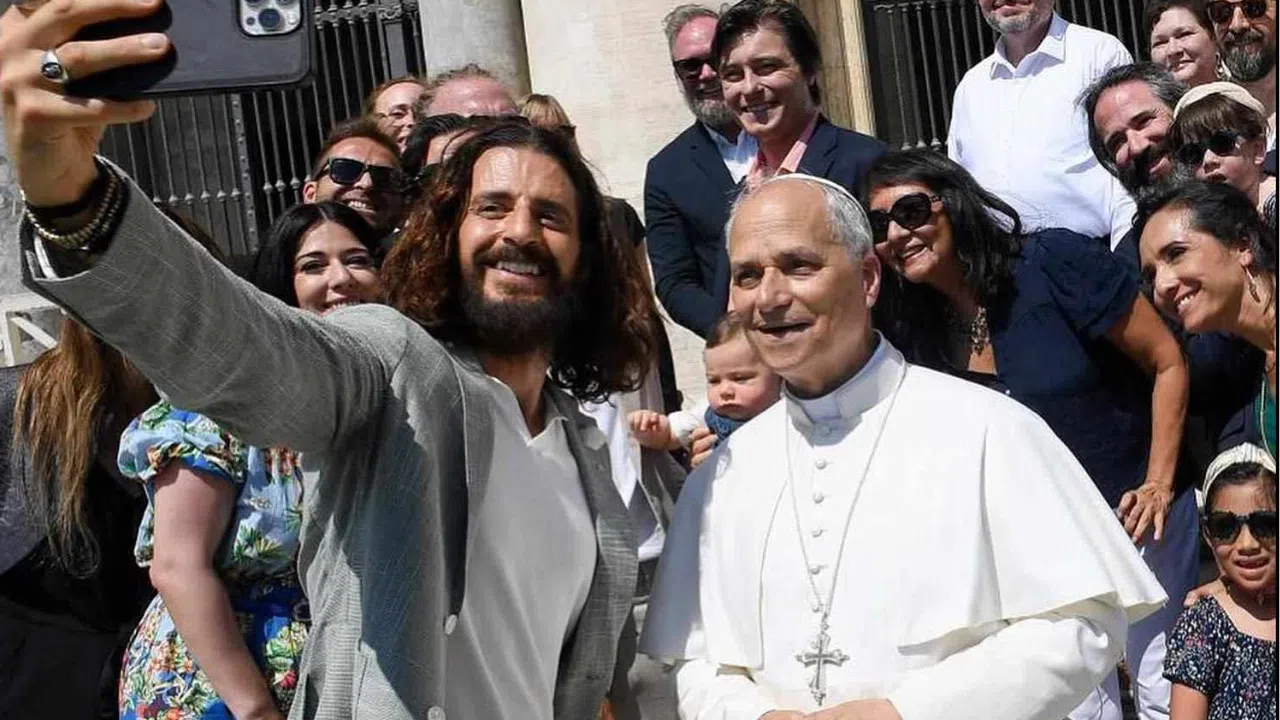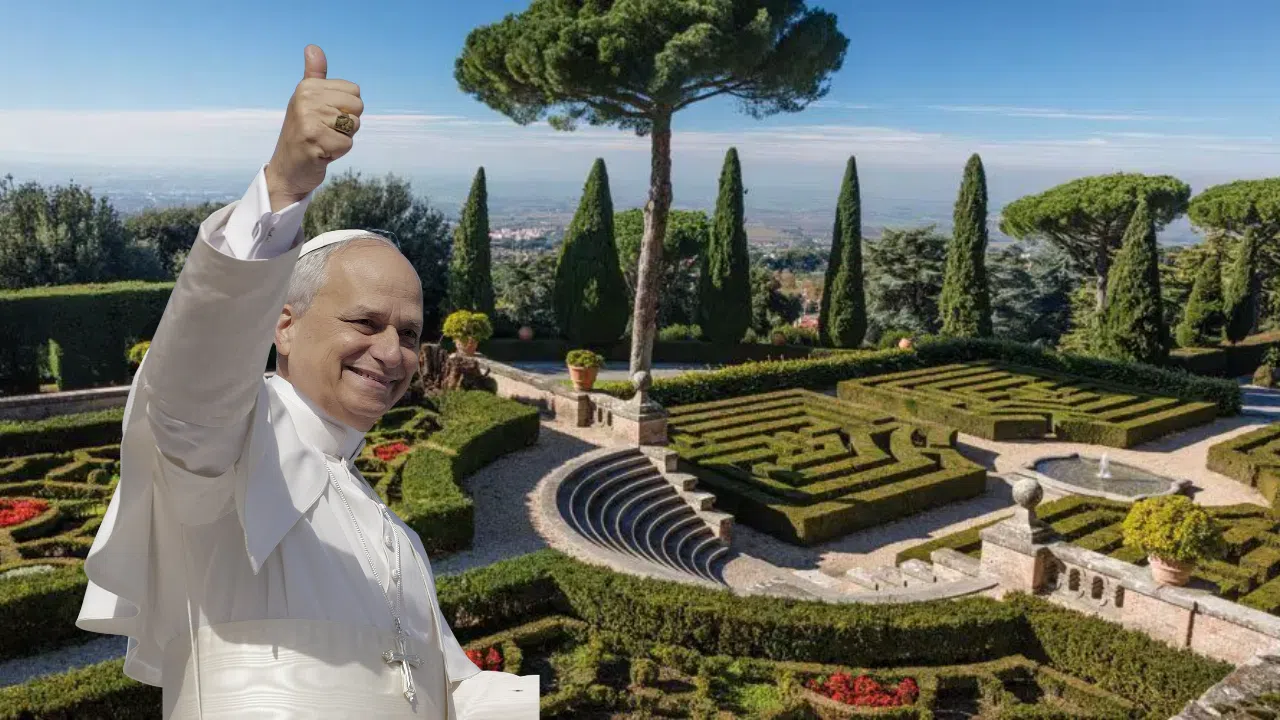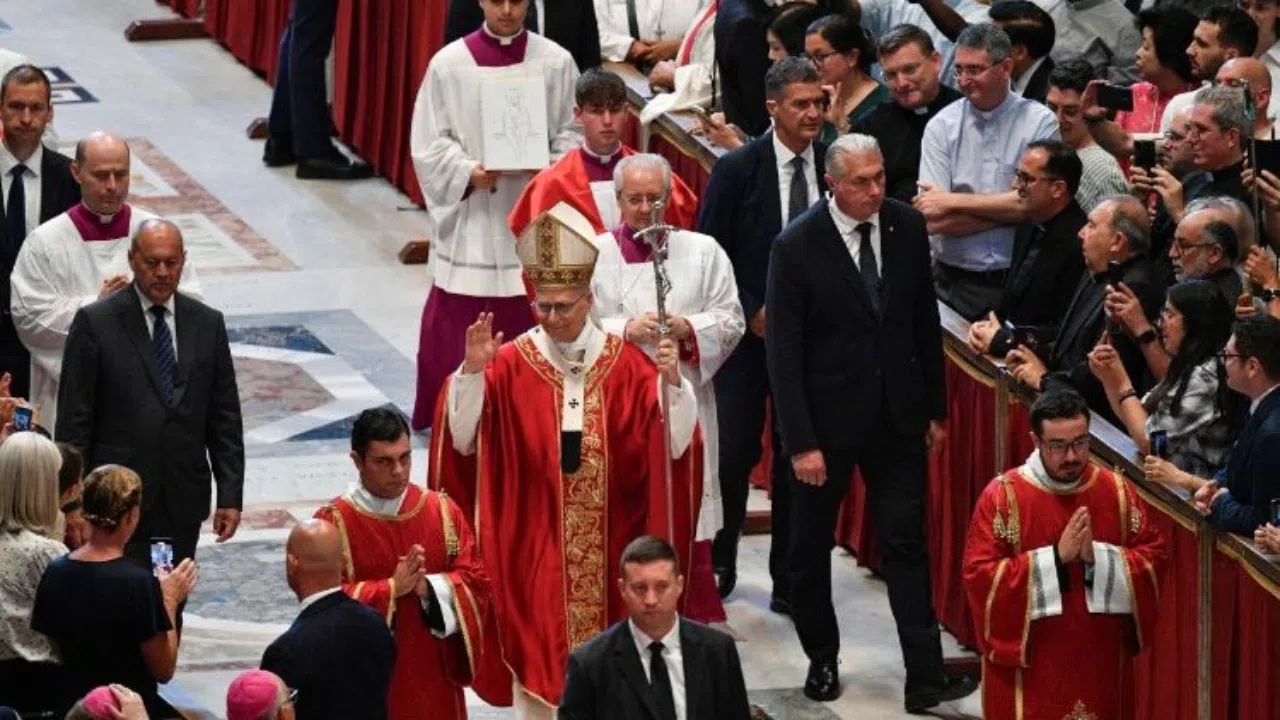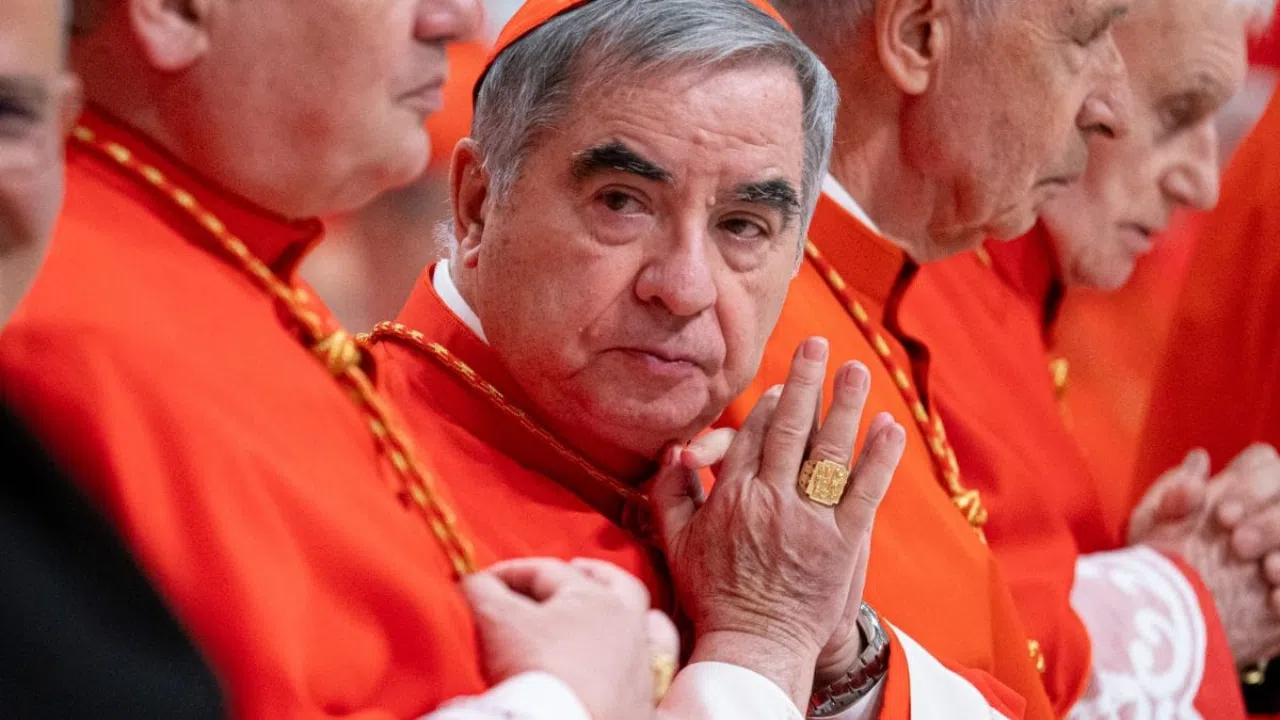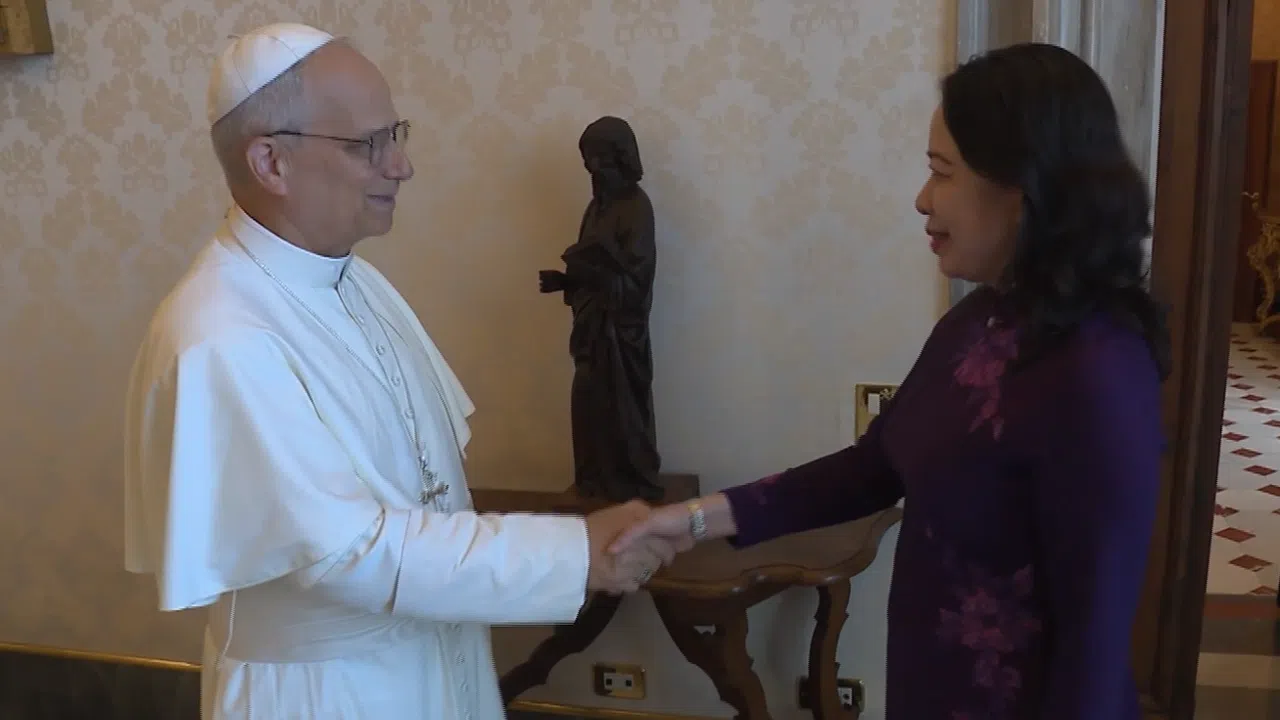Imagine living in a city where one third of your population are illegal immigrants. This is the case for Rhodes, Greece, where Franciscan friar Fr. Luke works to provide basic needs for the refugees arriving daily.
In 2015 the 30,000 people in this city grew to 45,000, 15,000 being refugees. All this is being managed by six policemen and two friars who are managing five churches.
FR. JOHN LUKE GREGORY
Franciscan Friar
'You must understand the journey that they come on from Turkey. It's very dangerous and even more so in winter, because the sea is very rough and very deep. What happens is the traffickers, instead of placing 17 people in a dinghy, put about 30. Each one pays about 1,000 dollars. The dinghy then goes down to the level of the sea, so any small movement in the sea, the water enters inside and they panic. They don't know how to swim. So how many die in the sea, we will never know.”
The majority of people arriving on his islands come from Syria, but there are many from Iraq, Iran, Palestinians from Gaza and Kurds. He says while a majority are Muslim, he doesn't help people based on their religion.
FR. JOHN LUKE GREGORY
Franciscan Friar
“St. Francis told us that we must reach out to those most in need. So I never ask people what their religion is, or where they are coming from, unless they office this information to me. I ask, 'What do you need? How can I help you?' This for me is what's important.”
In addition to the two friars helping all those who arrive on the Greek shores, he asks tourists visiting his parish to donate to the refugees. He never asks for money, but rather for leftover bags of food, toothpaste, or whatever they have. The Italian Associazione Terra Santa also donates money so the friars can have basic food delivered from local grocery stores.
FR. JOHN LUKE GREGORY
Franciscan Friar
“Firstly, we've got to take care of their basic needs. That they have food. That they're taken care of medically, but the other thing is that I'm thinking about the children more than anything... that they receive some sort of education. Up until a couple of years ago, they weren't able to go to the Greek schools.”
As a result, with nearly 64,000 refugees in Greece, he has set up a school with the children's mothers teaching them. Additionally, during his monthly trips to Jerusalem as a member of the governing body of the Sepulchre of the Holy Land, he brings back books and materials for the students.
He says the next step, in addition to educating them, is helping them all through the trauma, so both adults and the children can become functioning members and contributors of society. In this way, both refugees and the home country can benefit from the migration.
